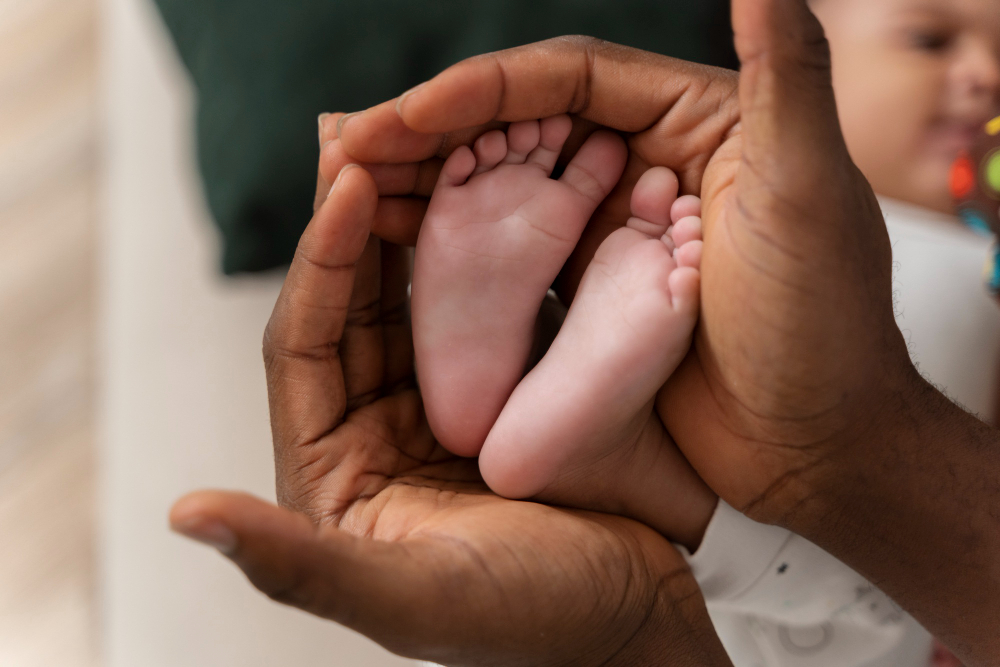Taking immediate action within the first 60 seconds after birth can significantly improve outcomes for newborn babies who struggle to breathe, a study by researchers at the School of Nursing and Midwifery, Kwame Nkrumah University of Science and Technology, Kumasi has found.
The study, published in SAGE Open Nursing, observed deliveries of 254 newborns in five hospitals between April and June 2022. Almost half of the newborns (48.8%) needed help to breathe. In nearly all the cases (98.4%), midwives performed the resuscitation.
Drying, warming, back rubbing, and gently flicking the baby’s feet were the main resuscitation techniques used. Nearly half (46%) of those who needed resuscitation also received bag-and-mask ventilation. While simple methods like drying and warming were highly effective in the first minute, their impact diminished by the fifth minute. Foot flicking, researchers noted, showed little benefit.
“Every second counts,” said Dr. (Mrs.) Lydia Boampong Owusu, the lead researcher. “We saw that quick, basic actions like keeping the baby warm and stimulating them gently can be life-saving if done immediately after birth.”
She added, “This study highlights how crucial midwives are. Regular hands-on training is essential to maintain their confidence and competence in those first critical moments.”
Resuscitation efforts were rated impressive in 58%, satisfactory in 39%, and poor in only 3% of the cases.
Dr. (Mrs.) Owusu also called for more research into technology that could assist with the resuscitation of newborns. “Technology has the potential to bridge gaps, especially in low-resource settings, to improve newborn care,” she said.
| Story by Emmanuel Kwasi Debrah (URO) | |

















